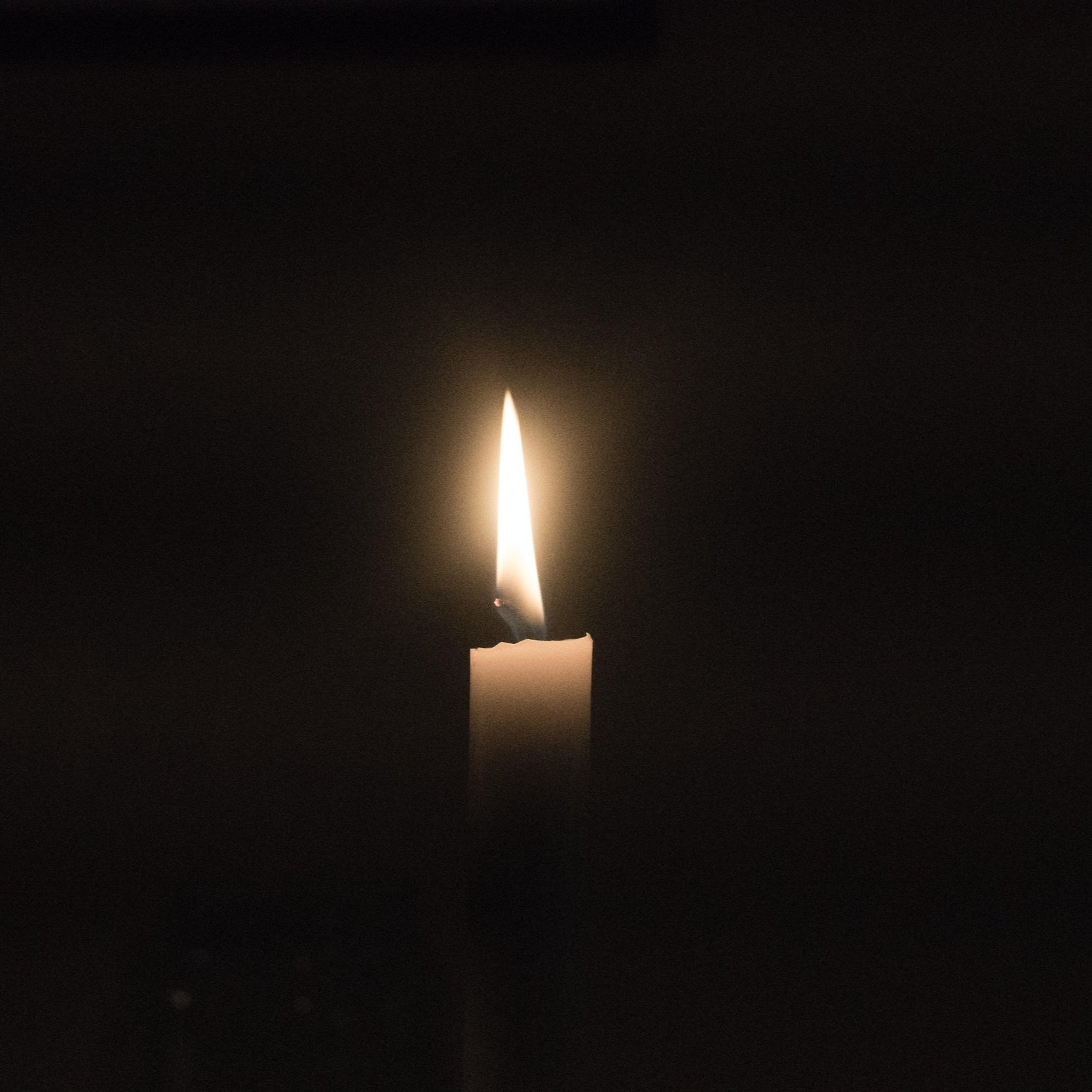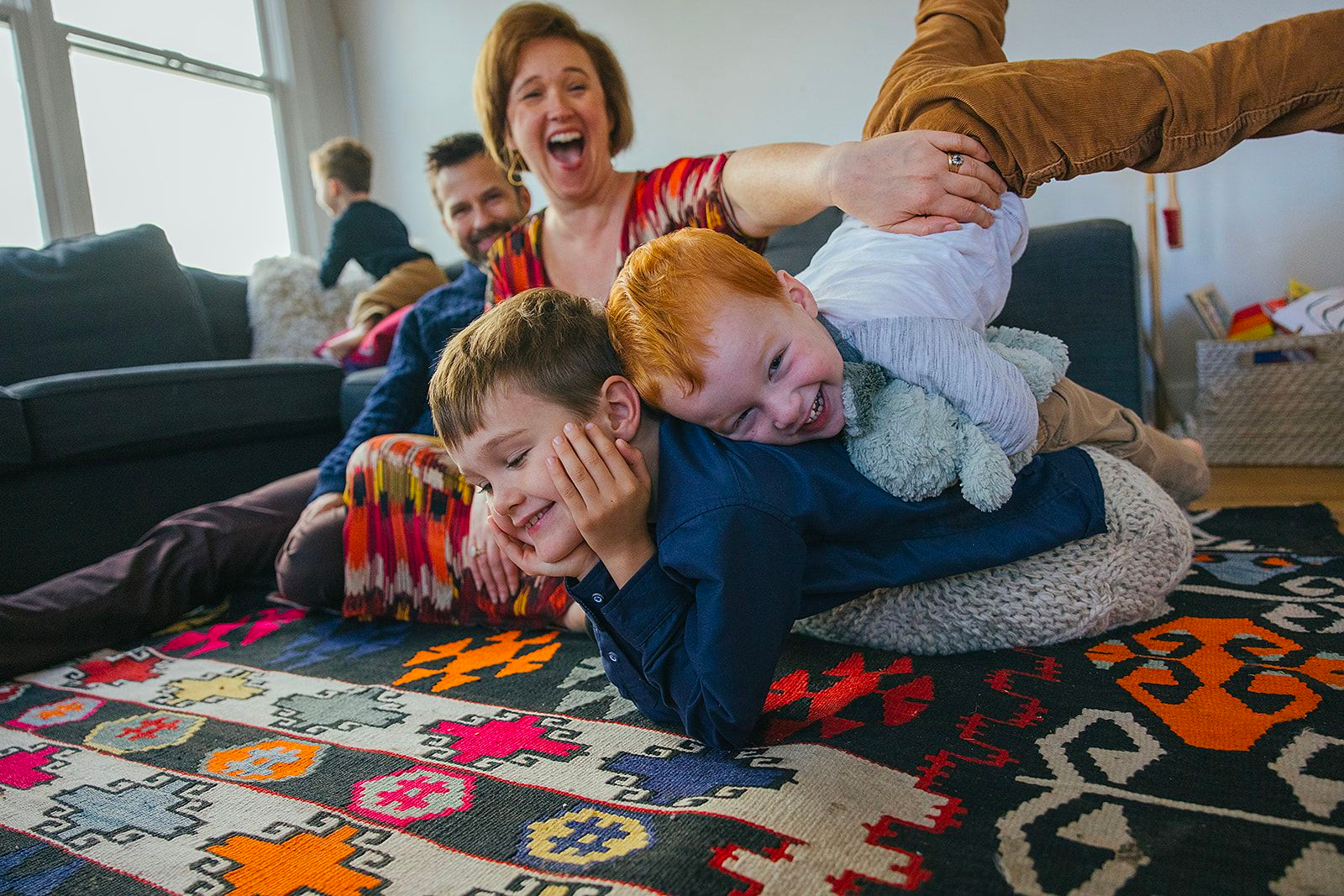
By: LUMO Leaders

Hello mothers and others,
Jenn here.
I’ve been feeling down lately, and for good reason. There’s a lot going on in our world today, both in our country and abroad, and I think it’s important for us to acknowledge that there’s an impact on us. But I had been feeling particularly sad in February, as I approached what would have been my son Liam’s 17th birthday.
Liam was born on February 6th, 2005. I was at the end of my pregnancy, and I went to the hospital after not feeling much movement. My worst nightmare came true, and Liam was delivered stillborn.
I was devastated. The sadness was completely overwhelming…even brushing my teeth was a chore. I remember looking at people in the grocery store and wondering what was going on in their lives that day; realizing that none of us ever really know what people are going through. I was just going through the motions of life – I ate, I slept, I did what there was to do, but I wasn’t “there”. It was the hardest time of my life.
With all the pain in our world today, I’ve been reflecting about how I’ve handled grief over the course of my life. Like most people, I’ve dealt with loss many times, but I realized recently that I’ve kept much of my sadness over Liam’s passing locked inside for the past 17 years. I would notice emotion spring up from out of nowhere. It was always there, waiting for me. I realized I had some unprocessed grief and that it was time for me to acknowledge it.
When I was sharing all this with my coach, she recommended I listen to a very special podcast: Unlocking Us with Brene Brown and David Kessler: Grief and Finding Meaning. I learned so much from it, even as it relates to this post-ish pandemic world we’re living in and the collective losses we’ve all been experiencing over the past two years. Below are some of my biggest takeaways from the podcast.
Note: All quotes are David Kessler’s from the podcast.
1. We’re all grieving something. Grief is “The death of something”, not just someone. It could be the death of work, normalcy, gatherings, etc. (all of which are happening currently in the world – we’re all grieving the pre-pandemic world we knew.) Bottom line: we are all grieving something; usually many things, at various points in our lives.
2. Grief must be witnessed. “If we don’t name it, we can’t feel it.” I hadn’t been naming my grief throughout the pandemic, but that doesn’t mean it wasn’t there. Now I’m practicing giving voice to my feelings of sadness, sharing them with others, and witnessing them, so I can hold space for myself and others in our grief.
3. “The worst loss is always your loss.” When I was going through losing my son, I would compare my grief to another person who had it much worse. I wasn’t feeling it, naming it and moving through it. “If you don’t feel the pain, you can’t heal the pain.” I was in “comparesville” as a way of protecting myself, so it wouldn’t be the worst loss in my head.
4. There is no place for judgment. Like many people after losing a child, I got divorced. David Kessler says “Judgment of each other’s grief causes divorce, not the loss. Judgment demands punishment.” I saw this in myself and how I was judging my ex’s grief.
5. Meaning can show up anytime in many ways. “The meaning is not in the death, it’s in what we do after it. The meaning is in us.” Years after Liam’s death, I’ve found meaning in serving others, especially women and parents dealing with loss. And I’ve made it my business to listen and give space to all, especially during the pandemic.
6. Gratitude helps – when you’re ready. I’m not saying that you should feel grateful for loss. It takes time to move through those feelings, and everyone has their own path. However, if and when you’re ready, practicing gratitude can be hugely comforting. I continue to practice gratitude daily as part of my healing. I’m grateful to be Liam’s mom. And I’m grateful for small, meaningful moments every day.
It’s tempting to go straight to finding meaning in our grief and passing over the witnessing, feeling and acknowledgement of it. People generally don’t like to feel pain. But if there’s anything I’ve learned, it’s that minimizing my feelings doesn’t make them go away – that pain stays buried within me. Instead, I can choose to validate and hold space for my grief. My losses matter, no matter how big or small. And so do yours.
With love,
Jenn & the LUMO team
Photo by Jarl Schmidt on Unsplash

Keep Reading
Want more? Here are some other blog posts you might be interested in.

October is Pregnancy and Infant Loss Awareness Month, a topic we’re very connected to here at LUMO, with our roots in the coaching and support of working parents and mothers. We’re so lucky to have the incredible Jenn Andreou as part of our LUMO coaching team, and as part of her own loss and grief […]

It’s that time of year again. The much-anticipated (yet frequently dreaded) one day a year where we celebrate everything that moms are to their families – Mother’s Day. Mother’s Day brings up a lot of emotions for people, and not all of it is of the “boy I’m glad to be celebrated” variety. At LUMO, […]

Yes, yes. It’s a new year! Maybe you’ve heard? Anna here. I’m not much of a resolution person, but I do like to do a little look behind/look ahead in early January and set some intentions. At its very best, the turn of the year can be a time to reflect on the successes of […]

